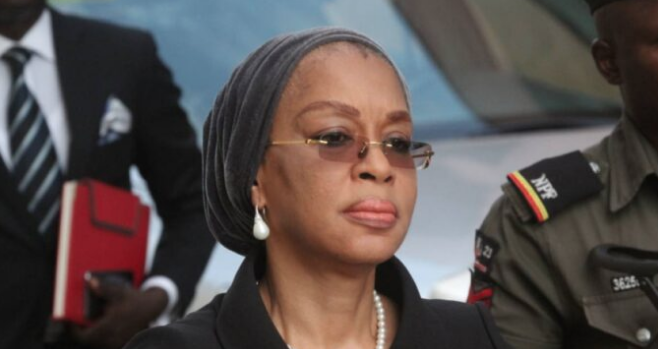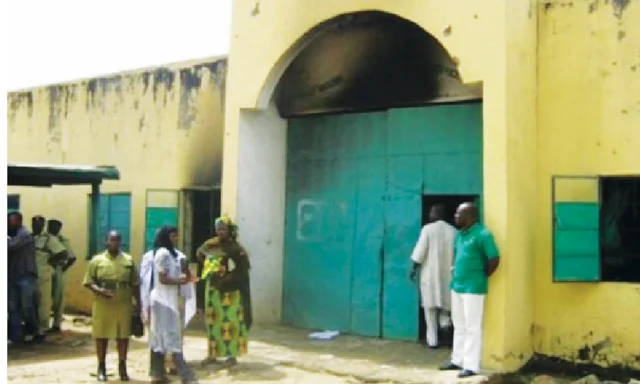A federal high court in Abuja has assumed jurisdiction to hear a suit filed by Rita Ofili-Ajumogobia, a former judge, challenging her dismissal from office by the National Judicial Council (NJC).
In 2018, the NJC had dismissed Ofili-Ajumogobia from the service of the Federal Judicial Service Commission (FJSC) on the grounds of alleged judicial misconduct.
Dissatisfied, the former judge instituted a suit before Inyang Ekwo, judge of an Abuja federal high court, challenging the process adopted by the fact-finding committee of the NJC that recommended her dismissal.
She prayed the court to declare her dismissal unconstitutional, null and void.
Ofili-Ajumogobia claimed that her fundamental right was breached as she was not accorded fair hearing by the committee.
However, the NJC and other defendants in the matter raised objections against the suit on the grounds that the court lacks jurisdiction to entertain the case.
NJC contented that the plaintiff ought to have filed the suit before the national industrial court because it is a labour related matter involving her employment.
The council also submitted that the case was statute-barred having been instituted outside the three months timeframe stipulated by the Public Officers Protection Act.
The council also denied not giving a fair hearing to the former judge.
But in her counter affidavit, Ofili-Ajumogobia had prayed Ekwo to dismiss the objection to her suit on the ground that she was challenging constitutionality of her dismissal.
In his ruling on Tuesday, Ekwo dismissed all objections raised by the defendants on the grounds that they were misplaced and that the claim of the plaintiff was misconstrued.
The judge held that plaintiff raised constitutional issues bothering on denial of fair hearing in the way and manner by which she was dismissed.
Ekwo said being a constitutional matter it can only be heard by a federal high court and not a national industrial court as argued by the NJC.
He further held that the case of the plaintiff did not fall under the provision of the Public Officers Protection Act and as such, is not statute-barred.
The case has been adjourned to April 5, 6, 7 for hearing of the substantive matter.







